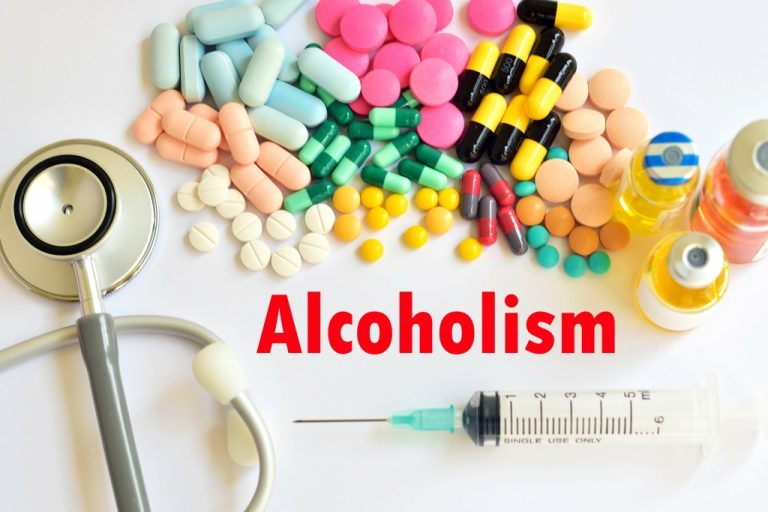The effects are similar to that of the medication Antabuse (disulfiram), which is often used to treat alcohol addiction. You may notice fast heart rate and breathing, increased body temperature, and sweating. These are all physical reactions that prepare you to move fast — whether it’s to outrun a predator or the co-worker you can’t stand. If you or a loved one are experiencing night sweats due to alcohol abuse or sudden withdrawal, there are people to assist you and get you the help you need.
- Doctors don’t know why hot flashes are so common during the menopausal transition, but it has something to do with changing hormone levels.
- Your liver can only digest so much alcohol at a time and the more you drink the longer it takes for the liver to perform this task.
- One of the main negative effects that the hangover has on the body causing wetness is how it changes the heart rate as well as the blood vessels.
- PMS-related hot flashes may show up in the week prior to your period.
- They may also have an unusual response to heat, such as intense sweating or anxiety.
- Drinking alcohol can make symptoms of primary hyperhidrosis worse.
While there could be several different explanations for this, alcohol is a common cause of night sweats and this can be a physical sign of alcoholism. In this piece, we’ll go into detail on the relationship between alcohol and sweating, and what you can do to cope with alcohol-induced night sweats. People with certain chronic illnesses, such as multiple sclerosis (MS), may find that their symptoms temporarily worsen in the heat.
Tips for dealing with alcohol related night sweats
There are many risks of long-term alcohol use, including cancer and liver damage. With alcohol intake, the blood vessels in the skin tend to widen when the heart rate speeds up. See your doctor why does alcohol make you hot if you’re not sure what’s causing your night sweats or if you have accompanying symptoms. Getting night sweats from alcohol consumption may indicate symptoms of a drinking problem.

However, it’s important to understand that you’ll be exposing yourself to toxic acetaldehyde when you drink alcohol. Hot flashes are believed to be caused by increased blood flow in the brain. Once it detects an increased body temperature, it prompts the release of chemicals to dilate blood vessels in the skin.
Effects on the heart and blood vessels
The symptoms that you experience, the severity and the risk that they pose to you will depend upon your personal history and your physical and mental health. There are numerous reasons why you may experience night sweats, such as going through menopause, having low blood sugar, or even suffering with a fever. In addition, certain medications, including antidepressants and steroids, can also cause night sweats.
If you think you’re experiencing one of the conditions above, make an appointment with your healthcare provider. If you’re having menopause symptoms and you’re under age 40, make an appointment with your healthcare provider. When your ovaries aren’t functioning https://ecosoberhouse.com/ properly, they don’t produce enough estrogen. This can cause premature menopause symptoms, including hot flashes. Hot and humid days are particularly challenging, but this worsening of symptoms can also occur after a hot bath, a fever, or an intense workout.
Alcohol Intolerance and Night Perspiration
The following article will look into the various causes, effects and any other interactions between alcohol and sweating. Read on to learn more about the excessive perspiration as one of the warning signs of a hangover. However, as mentioned above, one should be careful when drinking in cold weather. The feeling of warmth may actually mask a drop in body temperature, and sweating makes you more likely to catch a chill. In extreme cases, some people have actually died from hypothermia after spending too much time in cold weather while drunk. This not only leads to perspiration but also explains why you feel hot while drinking; however, this is misleading.
To be sure, ask your healthcare provider if any medications you take could be the root of the issue. Emotional symptoms of anxiety include panic, fear, and worry that can be difficult to control. Learn more about alcoholism treatment program features to find one that meets the needs of the individual. Toxins caused by the liver’s slow ability to metabolize liquor will build up in the body, causing changes to the way the brain and organs work. This medication is often prescribed in addition to other medications to manage your condition.